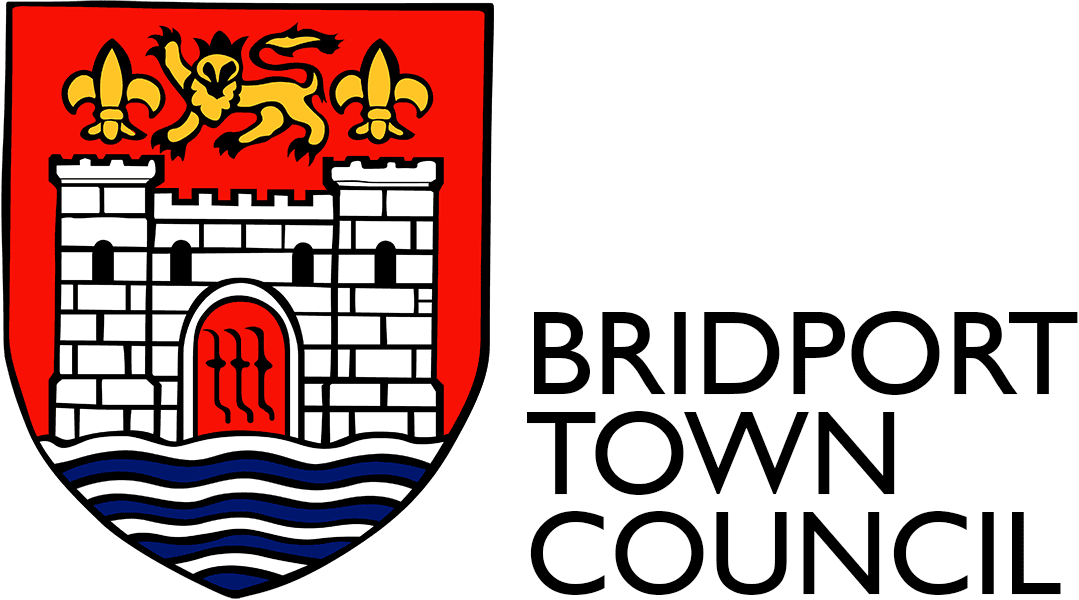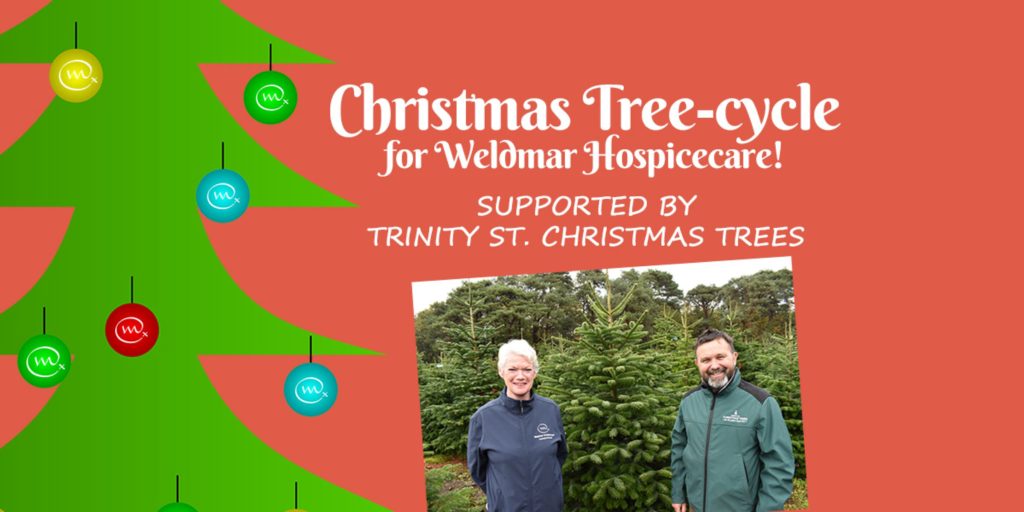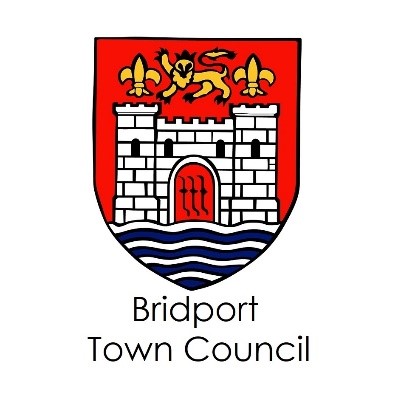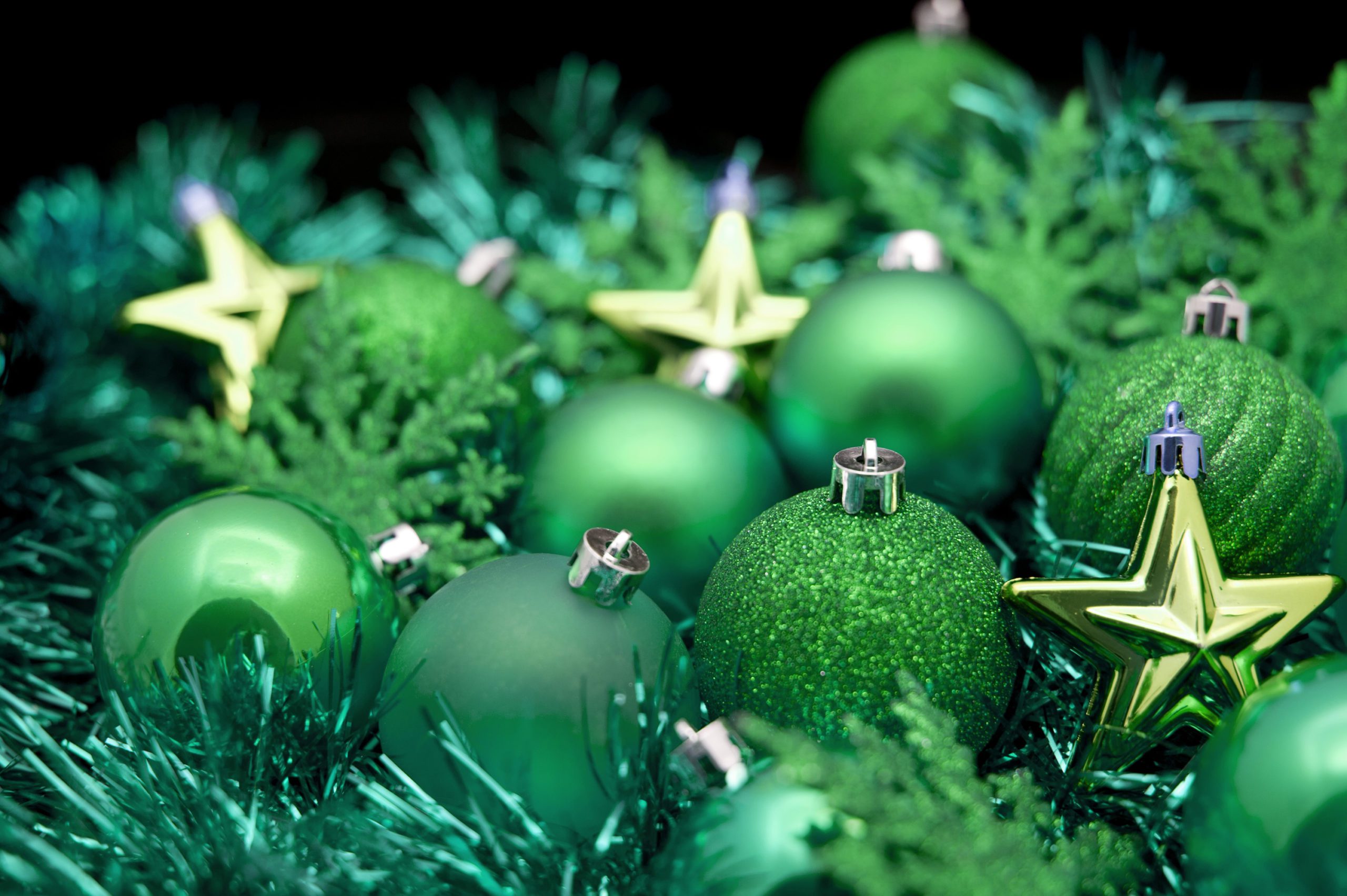
I’m Dreaming of a Green Christmas
Christmas as we all know is a time for family, friends, food, giving and sharing. Being able to see my grand daughters open their presents on Christmas morning has to have been one of the highlights of the year for my wife and I. At five and two years old they are at that delightful age where everything in their world is magical. Their excitement in the build up to the big day was palpable and on the morning itself they tore into the pile of presents, ripping off the wrapping and throwing it aside to examine what was inside the various sized boxes. Within minutes the lovingly wrapped presents were turned into a room awash with discarded wrapping paper and the initial favourite present unboxed and being played with. Wonderful.
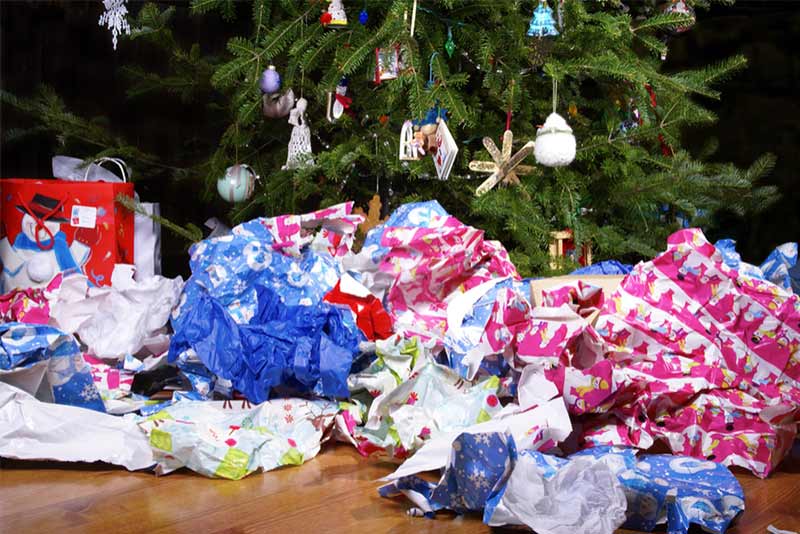
But Christmas is not only a season of feasting and rejoicing it is also a time of reflection. Due to the impact of the Covid-19 virus Christmas 2020 has had to be different this year. Many of the things we would normally do as part of our individual and communal ritual of celebration have had to be modified, curtailed or deleted. There are things which we will mourn the loss of and things which on reflection we will wonder why we ever did them.
The Bank of England calculates that the average UK household spends an extra £800 in December, with purchases of food increasing by 20%, alcohol by 30% and books by 85% over the average month. The annual Deloitte’s survey of Christmas spending estimates that the average UK consumer spent £567 in 2019. It is worth having at a look at these two links to gain a fuller picture of our Christmas spending habits.
This orgy of spending and consumerism we all find ourselves engaging in at some level at this time of year not only has an impact on our waistlines and bank balances it also has a global environmental impact.
Based on data for the year 2019 in the UK alone, approximately 7 million tonnes of food goes to waste. Just during the Christmas, 2 million turkeys, 5 million Christmas puddings and 74 million mince pie get disposed while still edible, causing almost 270,000 tons of food waste in total over the festive period. At the same time almost 9 million people have died from hunger worldwide in 2020. How did we end up in such a state, where there’s around 925 million undernourished people in the world and we’re feeding our bins! The chart below says it all!!
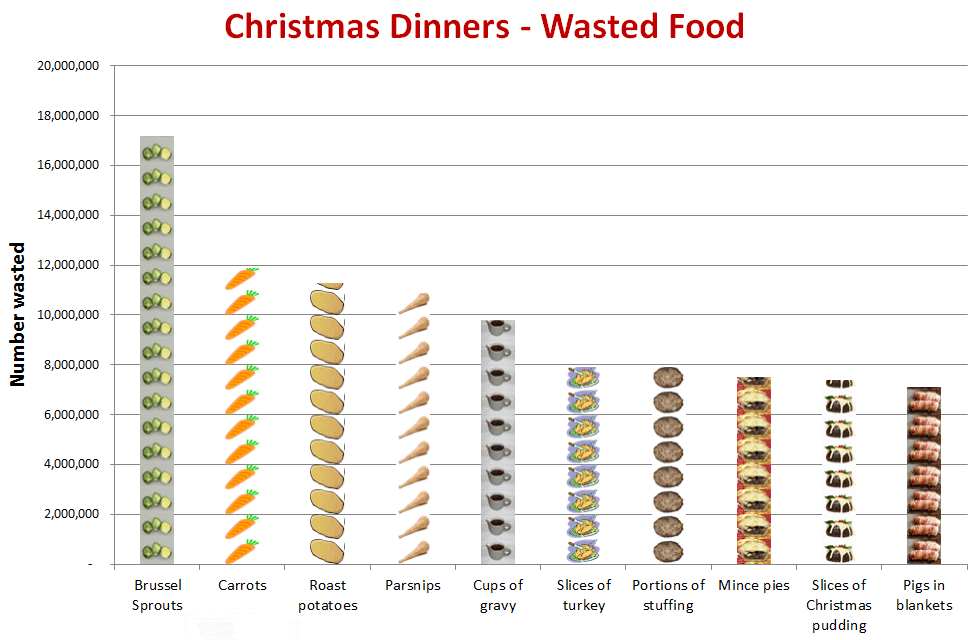
Actions we can all take for a Greener Christmas 2021
Christmas Food
- Support your local economy by buying from local growers and organic suppliers or better still grow your own.
- Compost your vegetable peelings at home or via your food waste bin to make sure that this extra organic waste does not head straight to landfill.
- Plan your meals carefully to reduce the amount of uneaten food thrown away — check who likes Brussels sprouts!
Christmas Travel
- Plan your Christmas travel to reduce the distance travelled and try to use environmentally friendly modes of transport or car share.
Christmas Decorations
- Choose a FSC approved real Christmas tree and purchase it from a local retailer to reduce your tree’s carbon footprint.
- According to The Carbon Trust, a real Christmas tree has a “significantly lower” carbon footprint than an artificial tree, particularly if it is disposed of in a sensible manner.
- Less is more when it come Christmas lighting! Opt for a subtle lighting display, use LED lightbulbs and turn off the fairy lights before bed saving both money and carbon.
Christmas Presents
- Shop local to support your high street, save jobs and create more, enjoy a better shopping experience and reduce your carbon footprint.
- When it comes to Christmas presents base your purchasing choices on quality not quantity. Well-made goods last longer and will not have to be replaced in the New Year.
- A good Christmas gift does not necessarily have to be expensive. Think about giving alternative gifts such as a charity or environmentally friendly gift, an experience or giving your time.
Recycle, Reduce, Reuse, Regift
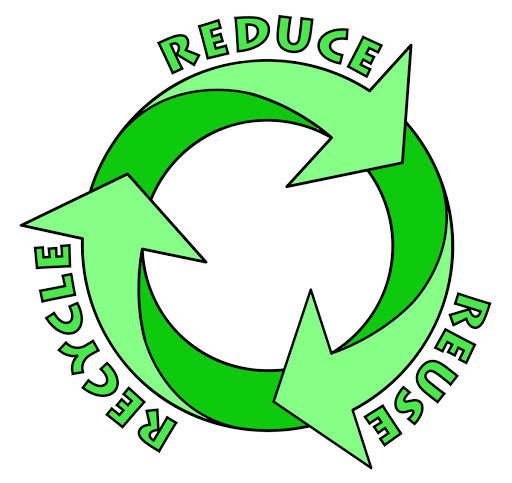
- Give your unwanted gifts to charity or to local hospitals or hospices.
- Choose FSC approved Christmas cards and recycle them.
- Recycle your tree. Once the Christmas season is over, take your tree to a recycling centre where it can be shredded and reused locally as bark chippings or environmentally friendly animal bedding.
- Did you know that Weldmar Hospice offer a tree recycling service as part of their fundraising. To find out more go to:
Christmas Wrapping
- Be creative with your wrapping, use recyclable wrapping paper or better still reuse paper, or use fabric bags, paper bags, boxes and baskets instead of glittery paper.
- Before recycling, remove any sticky tape and decorations such as ribbons and bows as these cannot be recycled.
- Remember wrapping paper can only be recycled if it passes the scrunch test – simple paper wrap can be recycled but foil or glitter-decorated paper cannot and sadly needs to go in the general waste bin.
In the build up to Christmas next year why not make the whole of 2021 a Greener year
Our impact on the environment can no longer be ignored. Climate change is rightly grabbing the environmental headlines and it is something that we clearly have to address as a matter of urgency. We are all going to have to make changes to the way we live to reduce the impact of climate change.
But, it is not just about switching to green energy and driving electric vehicles.
Every purchase we make has an environmental impact. Let’s make 2021 the year when the environmental impact our purchases have is at the forefront of our thinking when we make our purchasing decisions.
